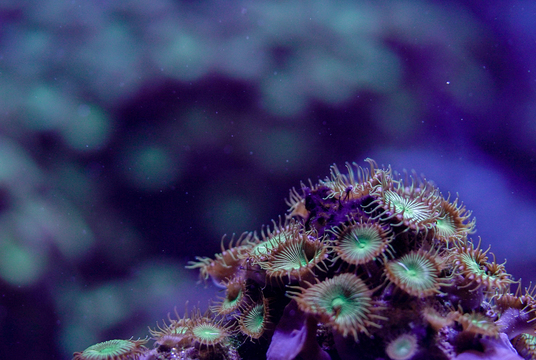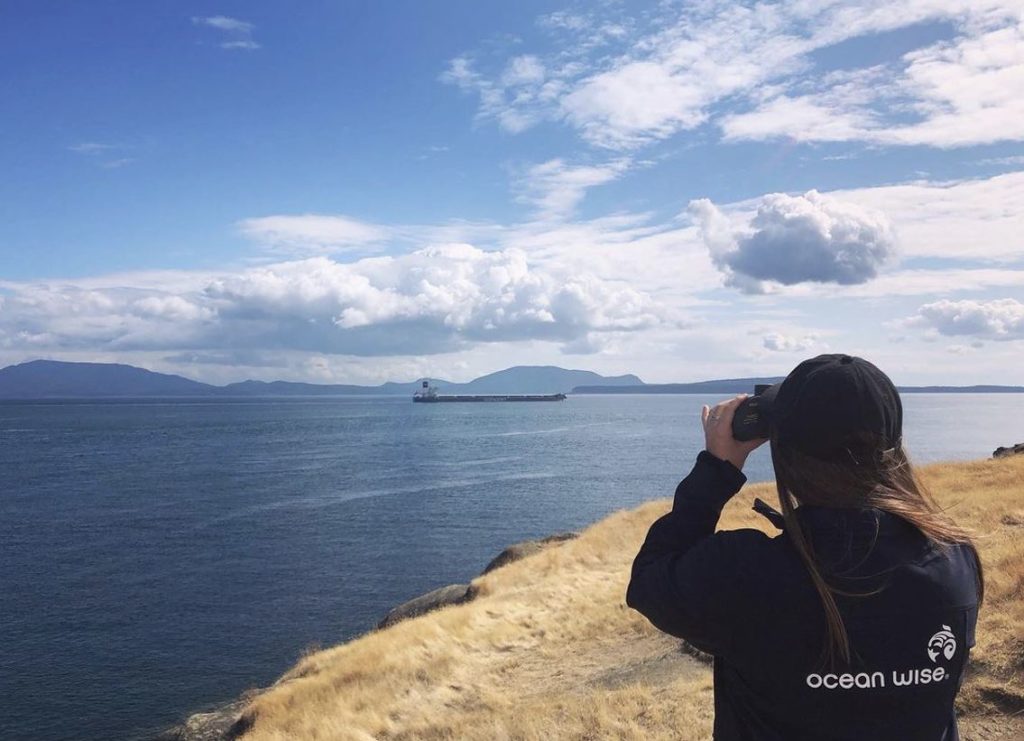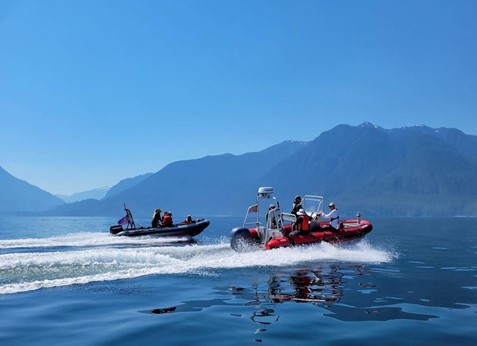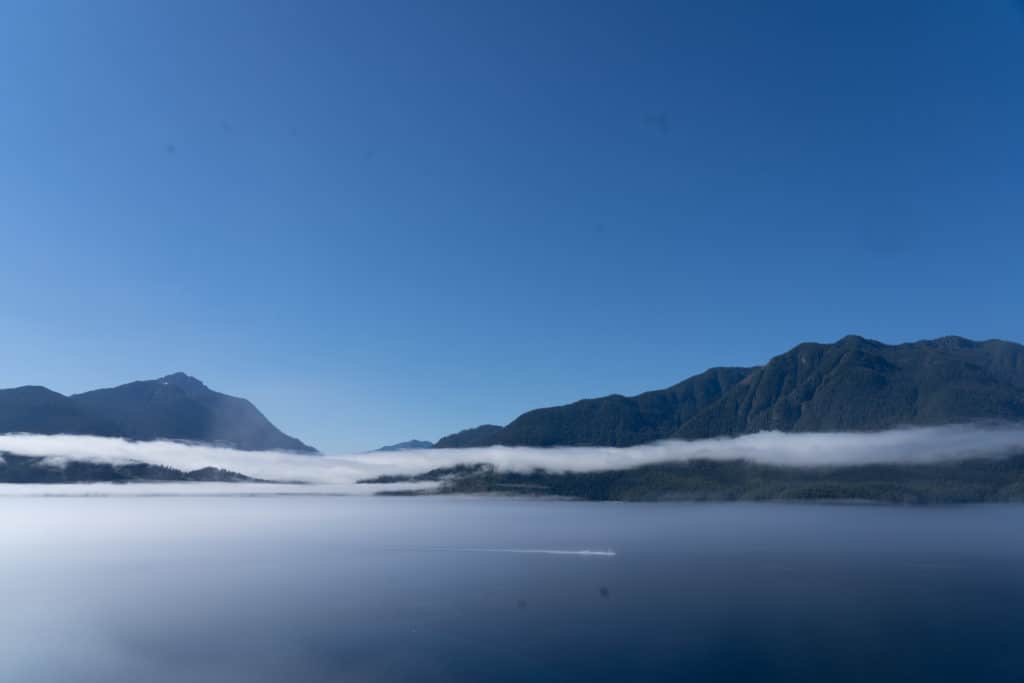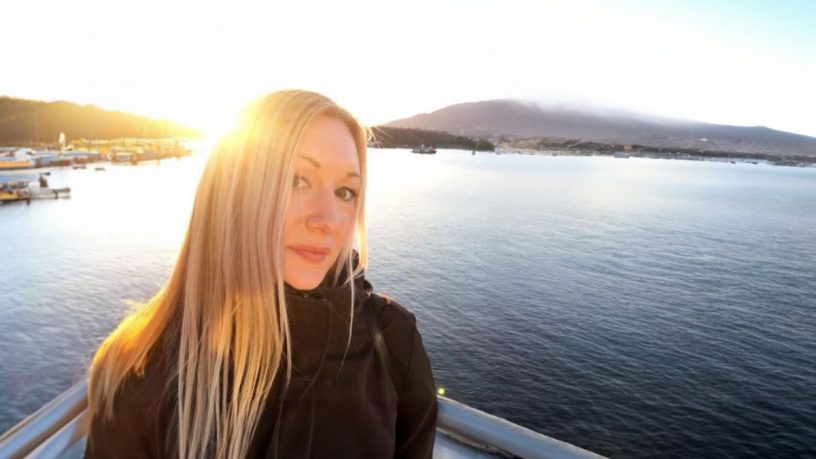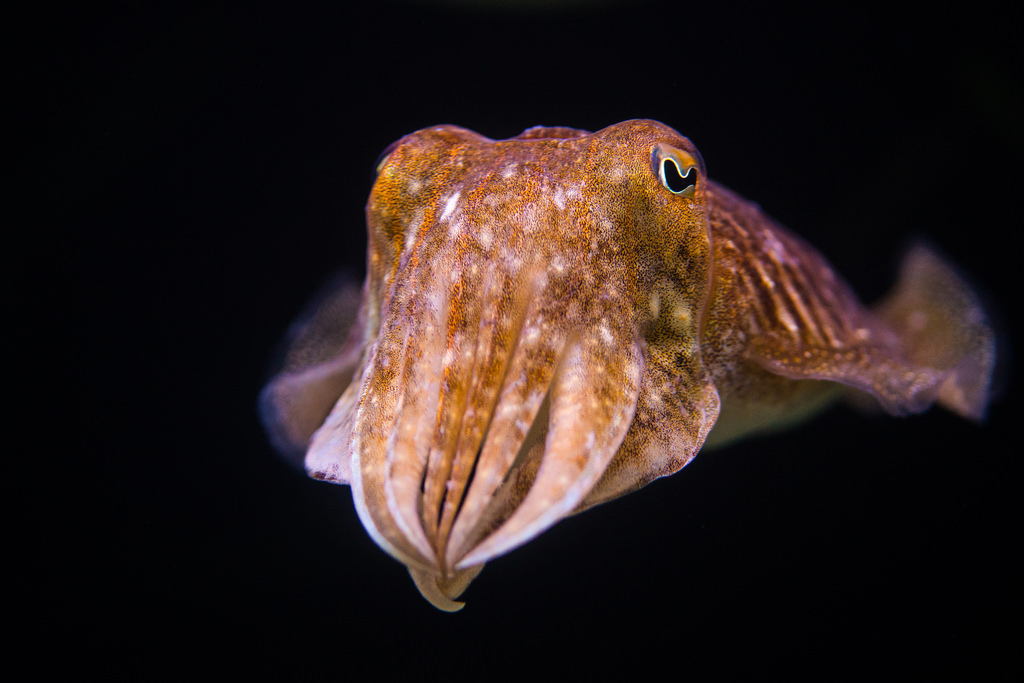
Weekly Ocean News
Ecosystems and Biodiversity
How long would it take for the Earth to regenerate the biodiversity that’s been lost since the rise of modern humans? A research team from Denmark recently published a paper to answer this question, estimating that it would take 5 to 7 million years. Though conservation biologists note that this is not a surprising result, it is a sobering figure to consider as we continue to struggle with the challenge of connecting the science and policy of biodiversity conservation. Via National Geographic
In South Germany, scientists have recently discovered the fossil of what appears to be the earliest known flesh-eating fish. This fish would have existed around 150 million years ago and has similar teeth to that of a piranha. All of today’s piranha species live in freshwater, and this unique specimen shows that this fish would have been living in salt water. Found nearby to this discovery were fossils of fish showing signs of bite marks on their fins; possible victims of this newly discovered species, which could further support the recent findings. Via Science Daily

Through the usage of neuron-pixel correspondence, scientists at the Max Planck Institute for Brain Research and the Frankfurt Institute for Advanced Studies/Goethe University have been able to peer into the brain of cuttlefish to further understand the control they have over their texture and colour to fit their environment. It is known that to camouflage, cuttlefish visually extract a statistical approximation of their environment, which is then used to select an adaptive camouflage from innate repertoire of patterns. Biological solutions for this morphological change are now being pin-pointed to the activation of motor neurons in specialized cells containing coloured pigment granules, with more monitoring to be performed for better understanding of neurological control. Via EurekAlert!
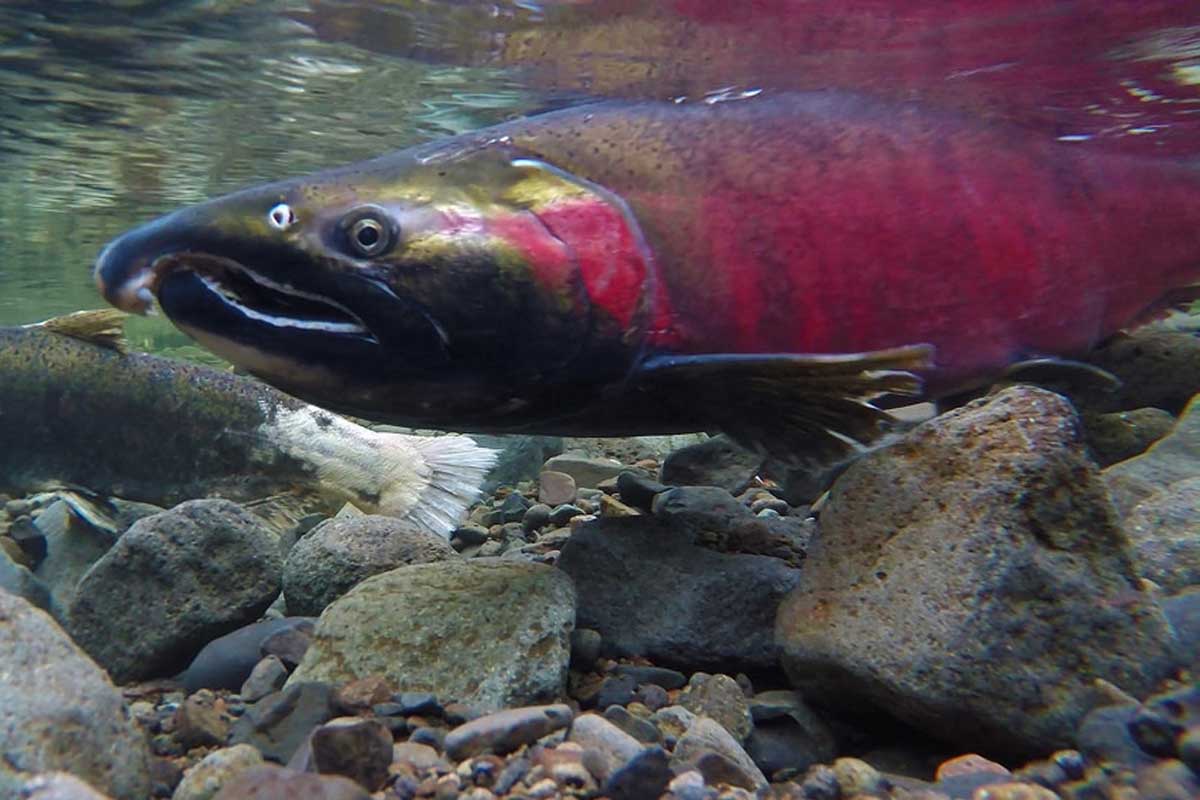
With Fall comes the iconic salmon runs of the Pacific North West, though with longer and warmer summers, scientists are starting to worry how lower and warmer water in salmon bearing streams will affect the survival of the earlier salmon runs. This is particularly important this year as 2018 is expected to be a massive return of sockeye B.C’s most economically valuable fish. Via CBC
Water Quality and Supply
A new study suggests that healthy lakes and rivers in the United States are overwhelmingly undervalued, at least on paper. Many of the goods and services that these water systems provide are hard to quantify, making it difficult to truly understand these systems and how much they benefit their communities. Via ScienceNews
Everglades National Park, Florida, has faced challenges from urban development, agriculture, and pollution. Now, it faces an entirely different danger: rising sea levels. Salt water encroachment into a freshwater environment could have serious consequences for the many freshwater species that call the Everglades home. Via ScienceNews
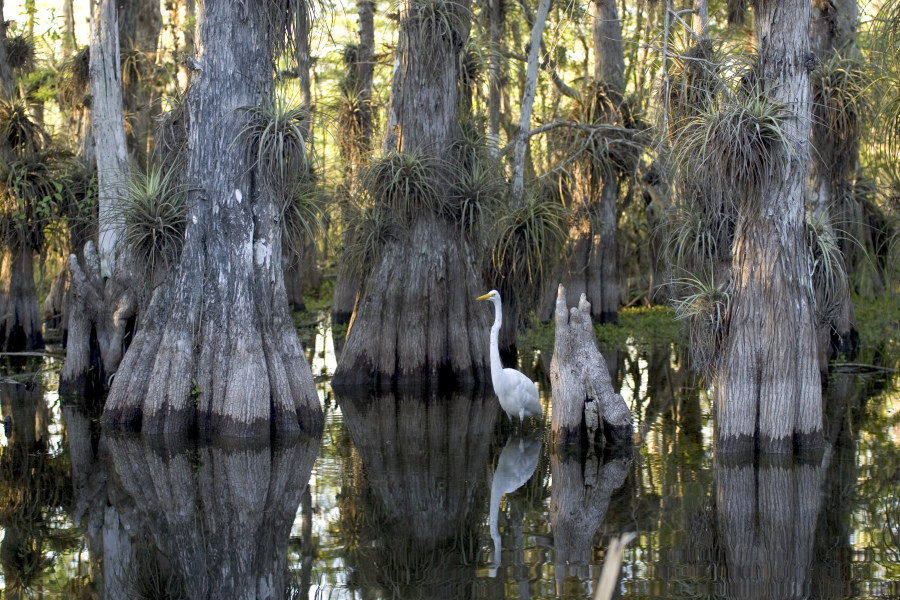
Government Initiatives
The Federal Government recently announced the creation of the first Marine National Wildlife Area on the west coast. The Scott Islands MNWA is located off the northwest corner of Vancouver Island and is home to approximately 40% of all of the west coasts seabirds, including 95% of all tufted puffins. Though the Islands themselves are already protected through B.C parks, this new area protects thousands of square kilometers of ocean from mineral extraction and commercial fishing activities surrounding the islands. Via Newswire
Energy and Power
Swedish researchers have developed a textile that, when stretched, produces electricity. Prototype fabric straps, fitted to a bag carrying 3 kilos of books, produced enough electricity to light an LED, send wireless signals, or power small devices. Via EurekAlert!
Green energy is not only good for the environment, it also looks to be good for municipalities’ pocket books; creating more energy for less money than traditional fossil fuels. However, many cities are locked in long term contracts with non-renewable energy companies. Despite wanting to make the switch to green energy, paying their way out would remove the financial incentive to change. Via Global News
Posted October 26, 2018 by Ocean Wise
